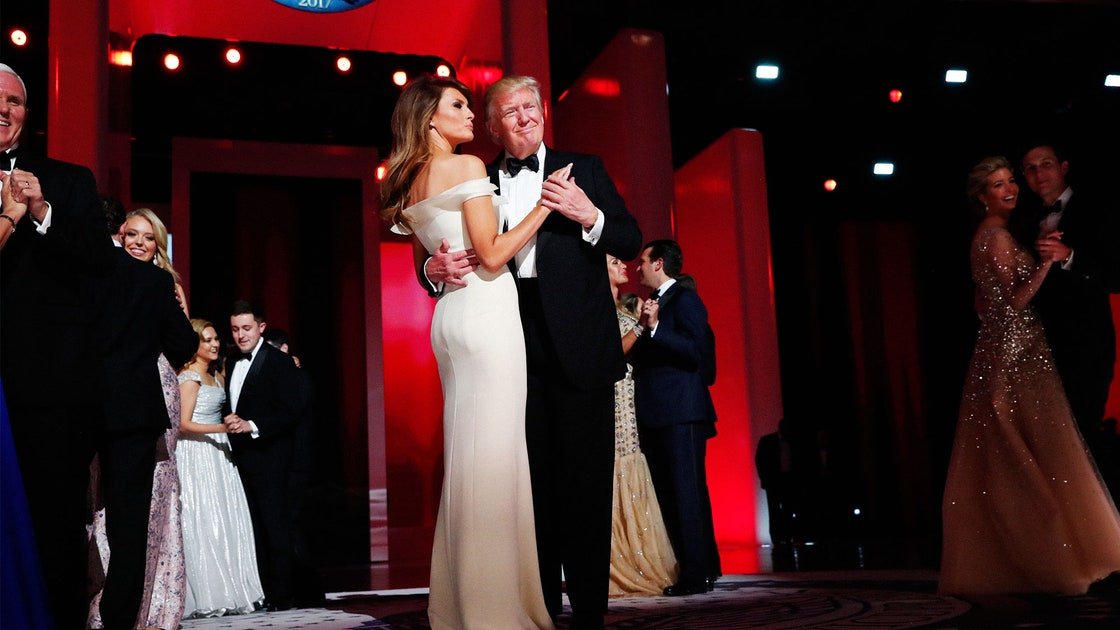This was originally a Twitter thread posted on Thursday of this past week by academic James Lindsay starting here. Reproduced in its entirety without edits.
I haven't done an adequate job explaining to people that what the Critical Social Justice scholars and activists have been building isn't a new intellectual order, it's a new alternative moral order. The intellectual stuff just tries to make that project look serious.
When you intuit that Critical Social Justice is like a new religion, what you're intuiting is that it is a moral order. This is actually explicit in their literature at pretty much all levels going back as far into its historical roots as you might want to go.
The functional moral impulse (or axis) is "liberation from oppression," so it's a liberationist moral order/religion. One point of Critical Theory formally from the beginning was to bring moral analysis into the otherwise amoral sciences and "neutral" processes of law.
The objective from the start of the "Critical" project was to replace liberal democracy with "ideal democracy" where oppression didn't limit people's capacities to participate in the full measures of democratic society. This meant evaluating morally on what causes oppression.
One of the fundamental axioms of the Critical approach is that there are no neutral processes and there are no amoral methods. Therefore, everything must be analyzed according to some (meta)-moral standard, and they chose liberation from oppression. That's its faith.
Say whatever you want about the reasons people do things like get involved in looting (there are many reasons). The *feeling* for many of them and for nearly all the intelligentsia who will rationalize and justify it is that society is oppressive and thus needs dismantling.
People feel their morals. They intuit them and then rationalize them after the fact. When someone has been *programmed* (not just indoctrinated) into a particular moral order, they will feel and react according to those intuitions, and they will then rationalize them.
The set of rationalizations for the Critical Social Justice "liberation" moral order is called "Theory." In a faith system, that set of rationalizations gets written down and codified into doctrine or scripture. Theory is that scripture.
You can say that any society is the result of an underlying moral order. Sure, fine. This includes liberalism (with liberal ethics). The question is what kind of societies different orders produce. Theocracies tend not to be great ones, and we can judge on a lot of standards.
The "Critical" game is to point at the flaws in advanced liberal societies and say "well, no one would want to live in liberal societies because look how bad they are." This is what critical theory is, ultimately, doing this. Learning to do this. It's completely wrong. Most do.
Liberal societies are also fundamentally different than ones predicated on a particular moral order because they arrange a system of conflict management that can handle pluralism, which no particular moral order can accomplish (they have to use repression instead).
Liberal societies therefore open themselves up to means of self-reformation. Not just self-reform. Self-reformation. Remaking themselves continuously to better achieve the ideals of liberalism, which make room for literally any particular moral order including anti-liberal ones.
If you had to break it down to ONE observation that shows the superiority of liberal systems, it is that liberal societies tolerate explicitly anti-liberal moral orders within them. They let them exist, let them speak, let them agitate for reforms to the liberal order.
In liberal systems, you're allowed to be a fundamentalist religious person, you're allowed to be an anti-state libertarian, you're allowed to be an anti-liberal critical theorist, you're allowed to be an anarchist. Liberalism will take it all and glean the best from each.
n Critical Social Justice particularly, "tolerance" explicitly means "repressive tolerance," which is to say the kind of sectarian "tolerance" that exists in theocracies and polices blasphemies. It sells itself as being more tolerant but absolutely isn't.
Notes:
- "Theory is that scripture" is linked to this article at New Discourses.
- "Tolerance" is expanded upon here.
Furthermore, an addendum:
It's no surprise then that Critical Theory is so hard for many people to understand.
— Dr. Plasma's Whitepills 🇭🇰 (@plasmarob) May 28, 2020
It's not a bug, it's the main feature.
It seeks not to be understood, then leverages both the cloak of secrecy and authority+mystique of pseudo-intellectualism no freshman could counter.
That's a lot of language to say the following:
And Empire's Thralls work via cult dynamics, so they are going to create and enforce an inverse of the proper moral order and use state power to do so.
